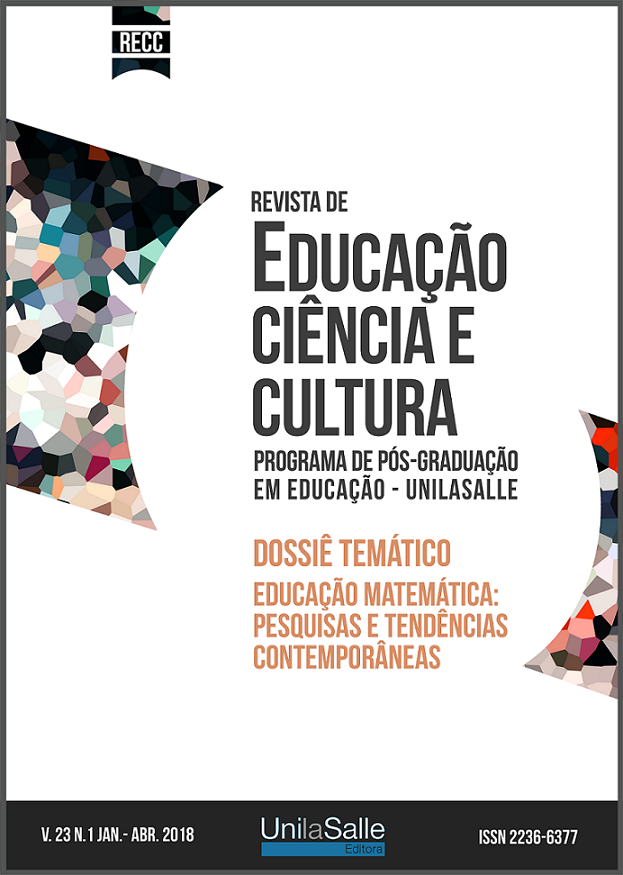The Gazeta Infantil and the search for the constitution of the child in the republic (1929-1930)
DOI:
https://doi.org/10.18316/recc.v23i1.4040Keywords:
Education, Child, Press, The Gazeta Infantil.Abstract
This article aims to analyze the way in which the Gazeta Infantil supplement (found in the newspaper A Gazeta) propagated the ideas linked to the question of the constitution of the child in the Republic. Thus, it is considered the construction of citizenship, at a singular moment that deals by the transition from the Washington Luís Government to the Getúlio Vargas Government. It is a documentary and bibliographical research. It has as a source of research the texts published by the Gazeta Infantil supplement between 1929 and 1930. The image of a child who was published at this time was intimately associated with the new nation that was aiming to build. This meant working childhood, modeling the future citizen, to change the country’s directions. In the face of this scenario is possible to check themes such as order; the hygienist issue; health; good manners; respect for others and animals and the emphasis on the constitution of a new man (the patriot worker). The Gazeta Infantil has shown itself as a complementary didactic handbook with clear and entertaining instructions, seeking to assist parents in the education of their children. In this space were published texts illustrated in the form of a cartoon and comic book revealing stories of important characters in the national and world scenario. There were clear, objective and educational instructions. These instructions were intended to form a new citizen, the national individual, the Republic worker.
Downloads
Published
Issue
Section
License
Authors must submit their manuscripts to be published in this journal agree with the following terms:Authors maintain the copy rights and concede to the journal the right of first publication, with the paper simultaneously licensed under the License Creative Commons attribution that permits the sharing of the paper with recognition of authorship and initial publication in this journal.
Since the articles are presented in this journal of public access, they are of free use, with their own attributions for educational and non-commercial purposes.
The Periodic Journal of Education, Science and Culture in http://www.revistas.unilasalle.edu.br/index.php/Educacao was licensed with a Creative Commons - Attribution - Noncommercial 3.0 Not Adapted.


